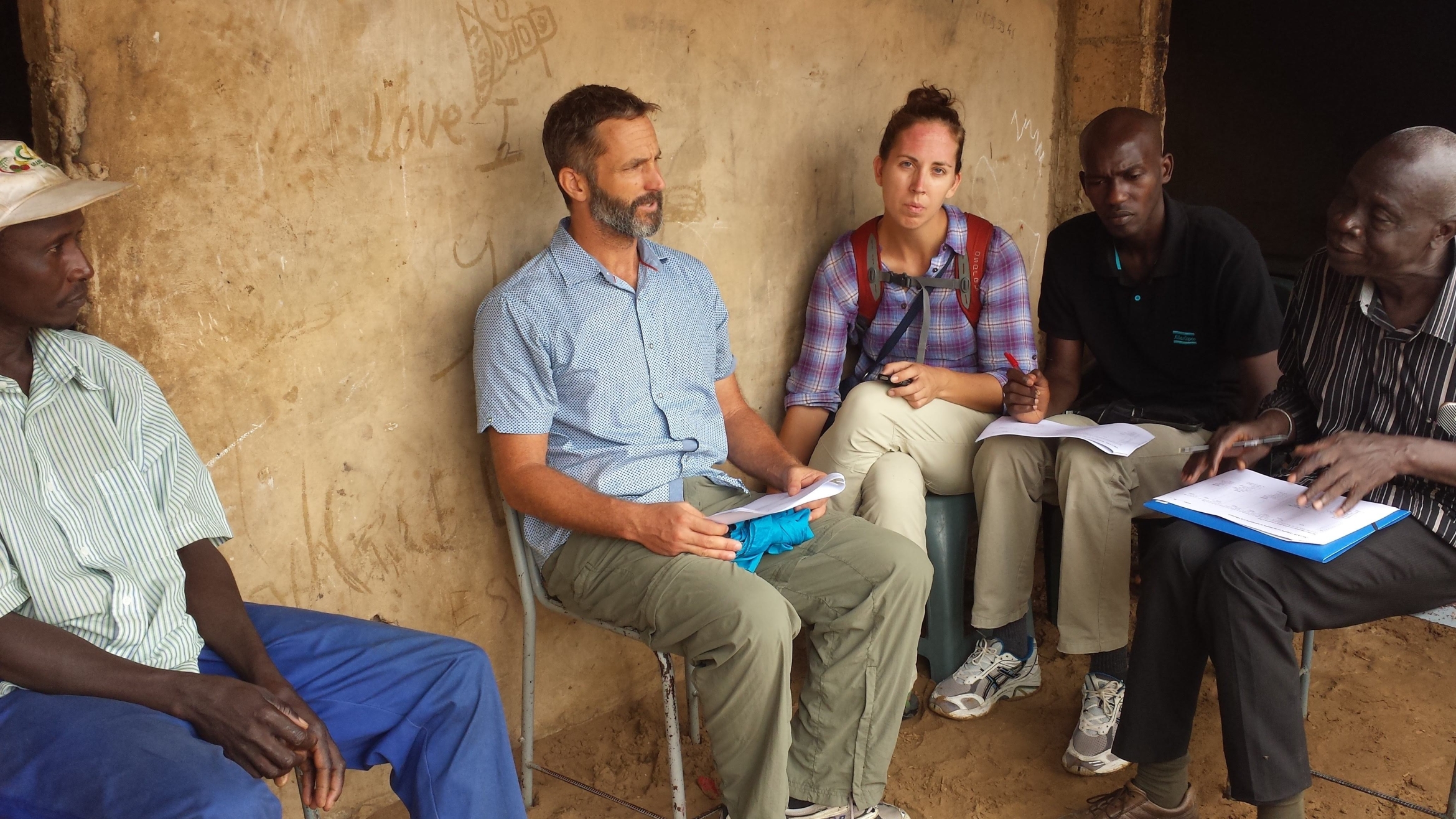Infection
Nuisance vegetation removal in Senegalese waterways reduces the overall prevalence of parasitic infections and increases local food production
“The disease is most prevalent in poor communities lacking potable water and adequate sanitation,” said López-Carr, an anthropogeographer who specializes in human-environment dynamics in the developing world. Adult worms take up residence in blood vessels and lay eggs in tissue, causing reactions and generally wreaking havoc on organs. Long-term effects include increased risk for cancer and infertility, and those infected are less able to work and go to school, keeping them in the cycle of poverty. “Poor farmers can lose up to half of their yields due to infection,” he said.
Health agencies and organizations have been fighting these infections with drugs that work well, however, the medicine does not prevent reinfection, which can happen as soon as the individual encounters contaminated water. Previous research has also focused on using the snails’ natural predators — prawns — which were cut off by the dam.

